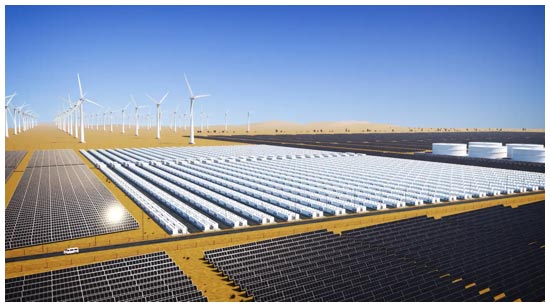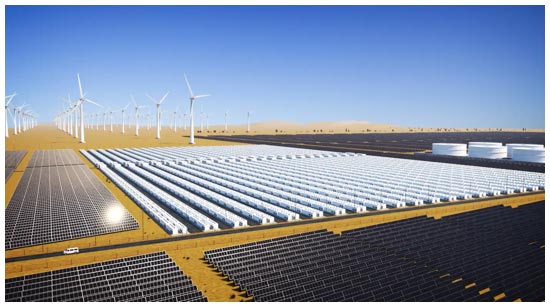
TOKYO — Japanese energy company Eneos and plant engineer Chiyoda will build a facility that manufactures hydrogen without carbon dioxide emissions at one-third the current cost, a breakthrough in the nation’s push toward decarbonization.
The plant will use a proprietary electrolysis technology to significantly lower necessary investment, with the aim of bringing down the price of hydrogen to 330 yen, or roughly $3, per kilogram. Eneos and Chiyoda are looking at Australia and other locations as candidates to build the plant in 2030.
Hydrogen, which can power automobiles or power plants without generating CO2, is seen by some as vital to decarbonization efforts, but production costs have remained high. Hydrogen costs roughly 1,100 yen per kilogram in the Japanese market, and the government seeks to bring down the figure to 330 yen by 2030 and eventually to 220 yen.
The method developed by Eneos and Chiyoda electrolyzes both water and toluene at the same, instead of through separate processes, to create methylcyclohexane, or MCH. This simplification of the process slashes facility investment by half.
Liquid MCH will be shipped at ambient temperatures to power plants and other facilities, where hydrogen is extracted for energy use. This is far more cost-effective than shipping hydrogen, which involves keeping it at minus 253 C in a special shipping vessel.
The partners already have the technology to produce limited quantities of MCH and will now work on boosting capacity by using bigger electrodes to develop 500kw equipment by fiscal 2025.
Power needed for electrolysis will be supplied from renewable energy sources. Australia provides such energy at low costs. Installing electrolysis equipment and a storage tank requires roughly 1 sq. kilometer of land, bringing the total investment to about 400 billion yen. If a solar energy farm is to be built along side, a 64 sq. kilometer lot will be necessary.
According to Bloomberg NEF, producing green hydrogen costs about $3 to $6 per kilogram in Germany.
The Japanese government has set a goal of using up to 3 million tons of hydrogen as an energy source by 2030. Of that amount, green hydrogen is slated to account for 420,000 tons. A plant by Eneos and Chiyoda is expected to have an annual production capacity of 300,000 tons, which would be roughly equivalent in output to a nuclear reactor.
Source : Nikkei

